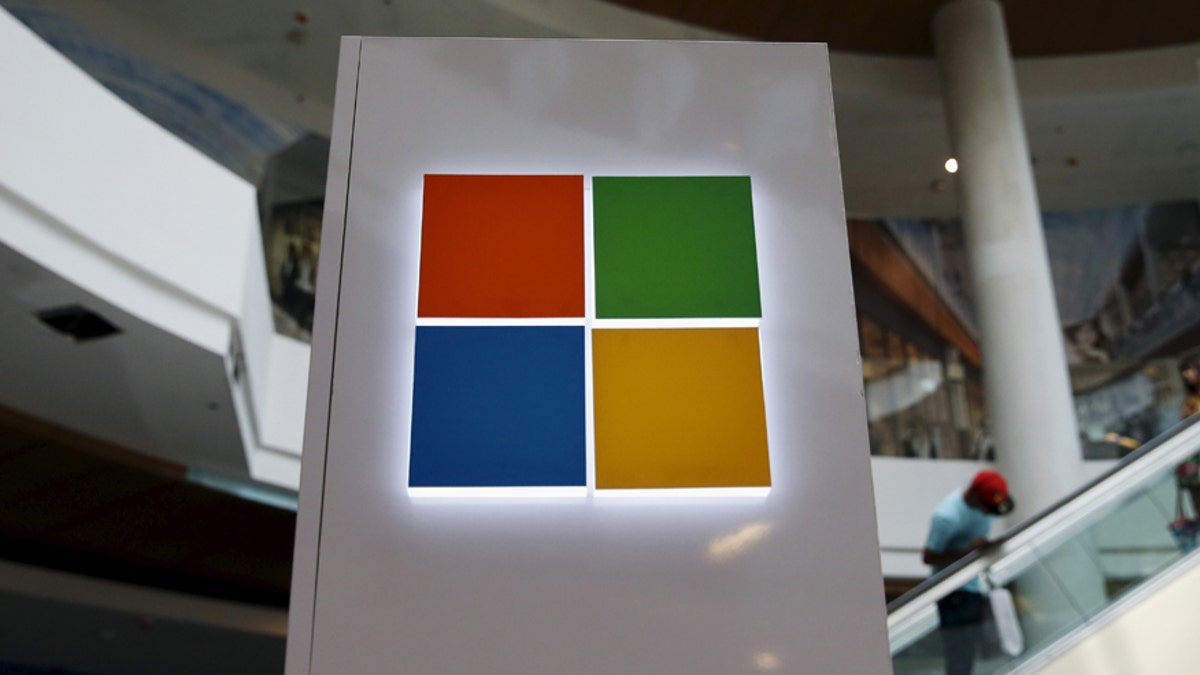Fox News Flash top headlines for July 22
Fox News Flash top headlines for July 22 are here. Check out what's clicking on Foxnews.com
Microsoft said it would settle a federal corruption charge that it was involved in an illegal bribery scheme in Hungary and pay $25 million in fines to put the matter to rest.
The U.S. Securities and Exchange Commission said the Washington state-based tech giant would pay approximately $16.6 million to settle charges that several of its subsidiaries violated the Foreign Corrupt Practices Act.
"According to the SEC's order, Microsoft's subsidiary in Hungary provided discounts on software licenses to its resellers, distributors and other third parties," the SEC said on its website. "Instead of passing on the discounts to Microsoft's government customers, the discounts were used to fund improper payments intended for foreign government officials to secure software license sales for Microsoft."

File photo - a Microsoft logo is seen at a pop-up site. (REUTERS/Shannon Stapleton)
MICROSOFT HARNESSES ARTIFICIAL INTELLIGENCE TO MAKE WORD 'POLITICALLY CORRECT'
In addition to the $16.6 million fine, Microsoft will pay an additional $8.75 million criminal fine that stems from the scheme, according to the Justice Department.
Microsoft President Brad Smith said in a letter to employees Monday that the conduct was "completely unacceptable" and involved a small number of employees. Smith is outlining changes to prevent discounts from being used for improper purposes.
The fines add to the list of bad news for the tech titan in recent days.
A former Microsoft employee was recently accused by federal prosecutors of stealing gift cards and large sums of digital currency from the company and then reselling the items online to fund real-life purchases, including a $1.6 million lakefront home and $160,000 Tesla vehicle, Fox News reported.
Volodymyr Kvashuk, a 25-year-old Ukrainian citizen living in Renton, Wash., faces up to 20 years in prison and $250,000 in fines after being charged Tuesday with mail fraud, the U.S. Attorney's Office in the Western District of Washington announced.
In June, the National Security Agency issued an advisory warning that millions of computers running Microsoft Windows could be vulnerable to a remote desktop flaw that could eventually cause machines to be infected with a worm.
CLICK HERE TO GET THE FOX NEWS APP
The Associated Press contributed to this report.









































